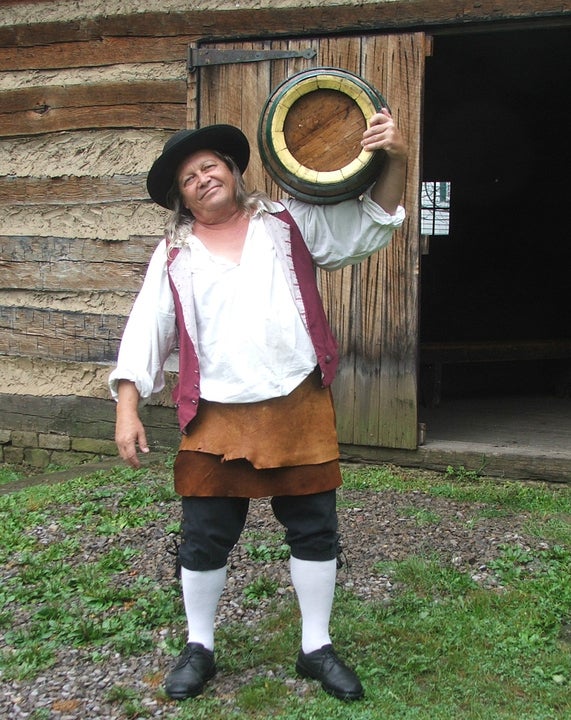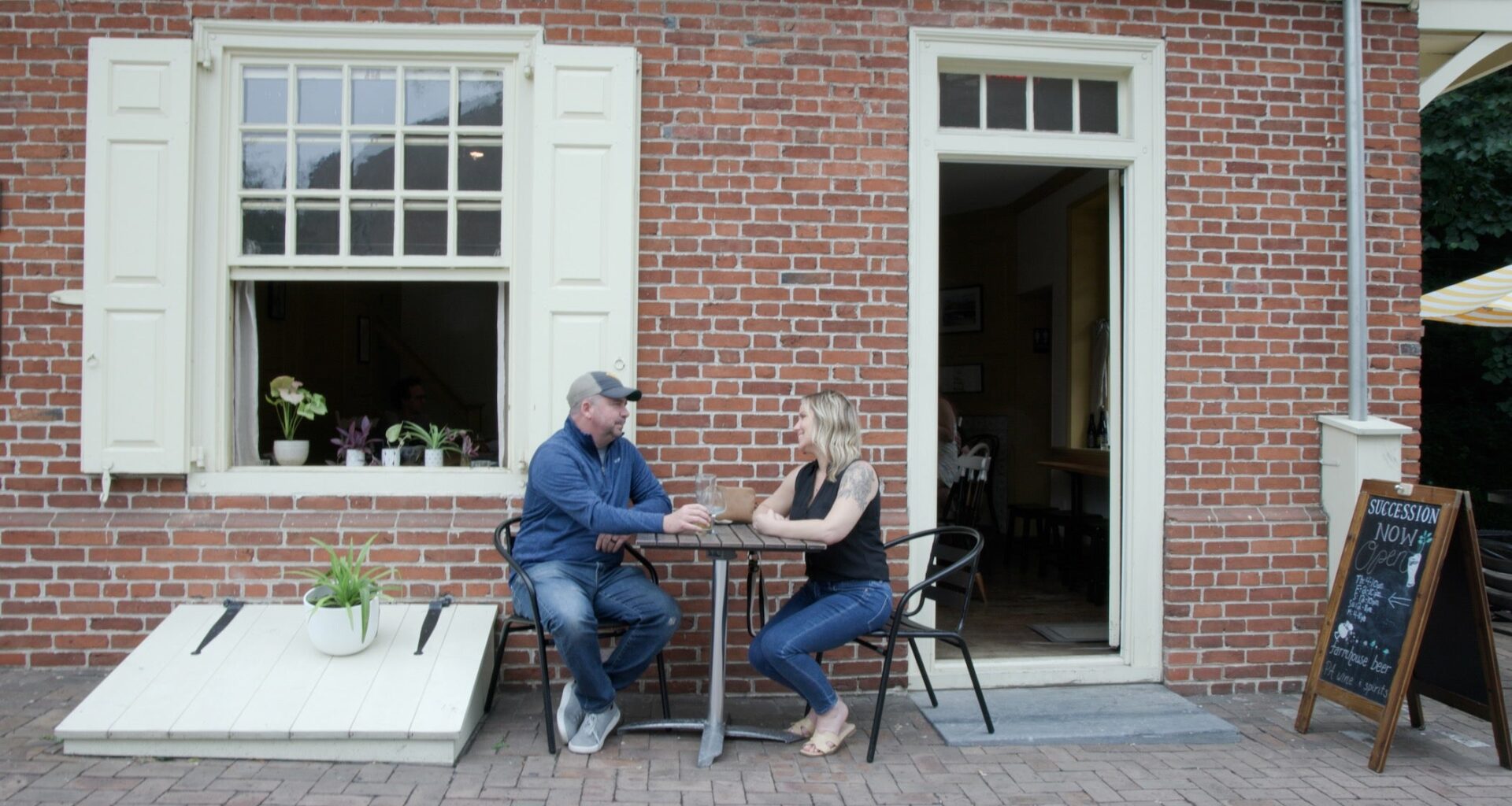From Philly and the Pa. suburbs to South Jersey and Delaware, what would you like WHYY News to cover? Let us know!
Philadelphia is considered one of the earliest brewing centers in the United States, where colonial-era taverns played a key role in commerce, culture and politics.
WHYY “Morning Edition” host Jennifer Lynn spoke with beer historian Rich Wagner, who will lead a walking tour this month for WHYY listeners through the city’s historic brewing and tavern sites.
The tour is one of several events scheduled to take place in advance of the nation’s 250th anniversary.
___
Jennifer Lynn: How important was beer in daily life for the early Philadelphians?
Rich Wagner: It was a staple. Sometimes they call beer “bread in a bottle.” It was nutritious, it had vitamins and it had a little bit of alcohol. Again, depending on your purse, the stronger beer cost more. The table beer that was only maybe 2 or 3% alcohol was just like drinking seltzer water today.
JL: Yeah, and speaking about water — why do I think that people drank beer instead of water?
RW: People didn’t trust the water. Though you did have wells, if you lived in an area, you knew where good water was.
JL: Who was drinking the beer? Was it more common among men, women, the regal? The masses?
RW: I think everybody. I mean, there were probably people that did not drink alcohol, but beer, wine, spirits — just like today. You have a certain demographic: people that don’t like beer, they like to drink gin, or they like to drink rum. There are also people that only like to drink beer.
 Rich Wagner, beer historian and assistant brewer at Manayunk Brewing Co. (Courtesy of Rich Wagner)
Rich Wagner, beer historian and assistant brewer at Manayunk Brewing Co. (Courtesy of Rich Wagner)
JL: And I’m having trouble with referring to where people drank — pubs, taverns. What’s the terminology here?
RW: Tavern’s a good descriptor. Some taverns served food, some taverns didn’t. Some taverns were more like a hotel. You could have food and drink and a place to stay, a place to board your horse for the night — all that. So there were different scales of things. Whereas a tavern — or a tippling house, what they called a tippling house — might be someone’s house that had been converted. As for a pub, what is the ordinary? It was, as the name suggests, nothing special. It served alcoholic beverages, and later, coffee, maybe hot chocolate, or something like that. Frequently, they would have food as well.
JL: OK, like the early mini mart?
RW: Something like that, with beer.
